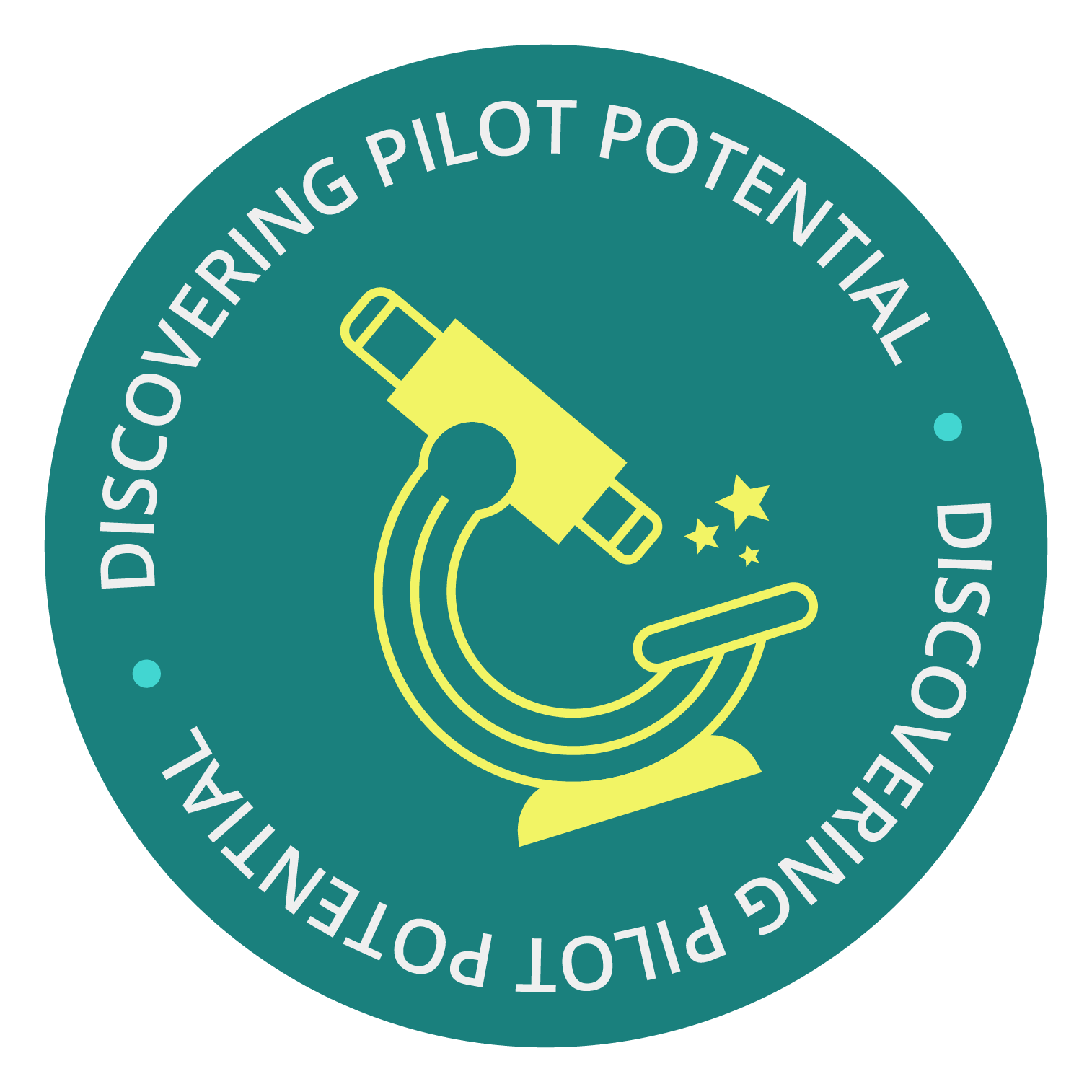AI vs conflict misinformation in Sub-Saharan Africa
THE QUESTION
Can we use AI to tackle conflict-related misinformation on social media in Arabic?
LOCATION: TBC
SECTOR: Human rights and democracy
TECH: AI
TIMELINE: September 2024 - Present
PIONEER: Susanna House
PARTNERS: TBC
The Challenge
Misinformation is one of the most pressing global threats, according to the World Economic Forum’s 2024 Global Risks Report. In Sub-Saharan Africa, conflict-driven misinformation is escalating, as seen in the ongoing Sudanese Civil War, where both sides have weaponised false narratives to fuel instability.
Africa’s rapidly growing internet and social media use—600 million internet users and over 400 million active social media accounts—has created fertile ground for the spread of misinformation. The Africa Center for Strategic Studies reports a fourfold increase in misinformation campaigns across the continent since 2022.
Despite this, social media companies dedicate minimal resources to moderating content outside the US, leaving African platforms particularly vulnerable. Current tools to counter misinformation are slow, resource-intensive, and often unsuitable for local languages like Arabic.
The Idea
This pilot will develop an AI-driven solution to counter misinformation on social media platforms, first focusing on Arabic-language content in Sudan. The team will build on existing open-source natural language processing (NLP) technology, adapting it to handle African languages efficiently.
Key components include:
Localised AI Models: Incorporate Sudanese Arabic into NLP algorithms to identify and flag misinformation more accurately.
Low-cost, scalable Tools: Optimise open-source software for non-profits, civil society organisations, and watchdog groups, making it accessible without requiring significant resources.
Meta collaboration: Attempt to engage with Meta (Facebook’s parent company) to test and deploy the solution, given Facebook’s widespread use across Africa.
The pilot aims to create a model that is faster, more effective, and more adaptable than existing content moderation systems, providing a vital tool to counter the spread of conflict-related misinformation.
Our learnings and stories so far
This pilot hasn’t started to publish yet, but there are plenty of other blogs to read below. Check back soon!

















Five recommendations for harnessing and supporting the growth of Underhyped Frontier Tech for International Development.